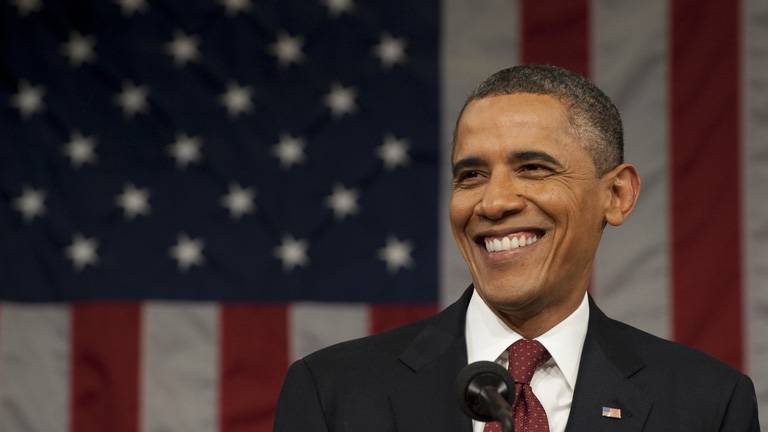President Obama released his new national security blueprint last week. In a nutshell, it was a rehashing of most of his previous policies. The most memetic thing to come out of the blueprint was his policy of “Strategic Patience”. Gone are the days of “leading from behind”- a catchphrase that the administration itself once used to describe the US role in the 2011 coalition bombing campaign in Libya, but has since become shorthand for being too passive in global crises.
The strategy is supposed to serve as a defense of President Barack Obama’s response to threats rather than offering a new direction as he just tries to pass time in his final two years in office. The language has been formulated to push back criticism for failing to quickly deal with crises — including the rise of the Islamic State and Russia’s military aggression against Ukraine. Strategic patience allows America to prove its power when it must, but also resist reflexive responses that could ensnare the US in long-term conflicts. It is another buzzword, and has been recognized as such. Policy experts, and journalists have been lambasting the administration for its weakness and passiveness for good reason. Even while this new blueprint calls for stopping “mass atrocities” and protecting civilians from genocidal regimes, Obama has been hesitant in intervening in a number conflicts including the on-going slaughter of civilians in Nigeria by Boko Haram extremists.
The 2010 strategy document anticipated a “cooperative and collaborative relationship” with Russia, and that hope is gone too. Strategy is being formulated not to solve problems, but to make excuses for failures. In 2010, Obama also focused on ending the war in Iraq and adding more troops to the fight in Afghanistan. Congress had been waiting to see an updated strategy since late 2013, but, paradoxically, its release has been delayed just when the crisis has deepened. Iraq has been haunting Obama since troops withdrew in 2011 to fulfil his promise to end the war. But last year, Obama agreed to send American troops to back Iraq. Obama has been roundly criticized for offering too little help to Iraq and Syria. If President Bashar al-Assad was dealt with, the insurgency might have been contained. Against the advice of some of his own top advisers, Obama, already exercising strategic patience, refused to arm moderate, vetted Syrian rebels early in their fight against Assad. The chaos gave the Islamic State an opening and only in mid-2013 did Obama relent, and allowed the CIA to begin arming a small group of rebels.
“They misunderestimated me,” said George W. Bush in 2000. But we misoverstimated Barak Obama.
Friday, April 19, 2024
Strategic Patience

President Zardari confers Nishan-i-Imtiaz (M) award on Turkish CGS
8:23 PM | April 19, 2024
NA speaker suspends two MNAs for disruptive behavior during presidential address
8:20 PM | April 19, 2024
PM Shehbaz orders accelerating countrywide drive against smuggling
8:19 PM | April 19, 2024
LHC allows PTI to hold rally in NA-119
8:18 PM | April 19, 2024
Balochistan cabinet members to be assigned portfolios shortly, says CM Bugti
8:17 PM | April 19, 2024
A Tense Neighbourhood
April 19, 2024
Dubai Underwater
April 19, 2024
X Debate Continues
April 19, 2024
Hepatitis Challenge
April 18, 2024
IMF Predictions
April 18, 2024
Kite tragedy
April 19, 2024
Discipline dilemma
April 19, 2024
Urgent plea
April 19, 2024
Justice denied
April 18, 2024
AI dilemmas unveiled
April 18, 2024
ePaper - Nawaiwaqt
Advertisement
Nawaiwaqt Group | Copyright © 2024





